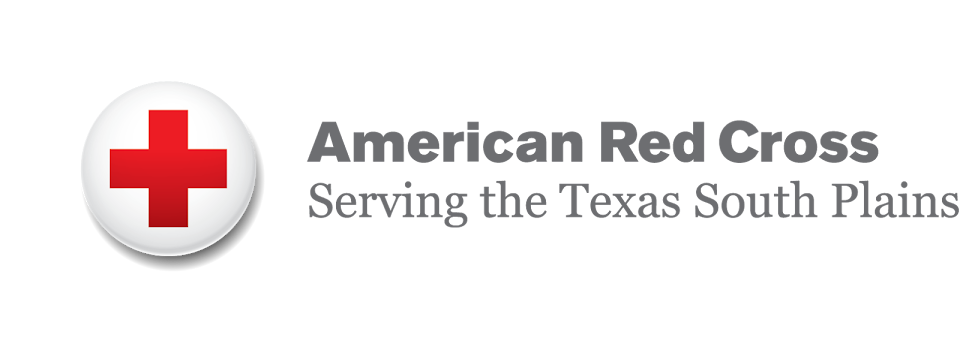DISASTER
FAST FACTS
February 1, 2018
In
2017, the American Red Cross launched wide-ranging relief efforts to help
people devastated by three historic back-to-back hurricanes—Harvey, Irma, and
Maria—followed closely by the deadliest week of wildfires in California history.
Now in 2018, the Red Cross continues to help communities and families to
recover.
Northern California Wildfires
·
The Red Cross, community and government partners have provided more than 27,900 overnight stays in
emergency shelters.
·
With
the help of partners, the Red Cross has served more than 197,400 meals and snacks, and provided more than 16,500 mental health and
health services to support and care for those affected.
·
The
Red Cross has distributed more than 145,900
emergency relief items such as masks, gloves, rakes, trash bags and comfort kits containing
deodorant, toothbrushes, toothpaste and other hygiene items to people in need.
·
To help people recover and get back on their
feet, the Red Cross has opened more than
2,900 cases, reaching more than 7,700
Californians.
Hurricane Response Efforts (Harvey,
Irma and Maria)
·
The
Red Cross, along with community and government partners, has provided 1.3 million (1,342,200) overnight stays
in emergency shelters. That’s more overnight shelter stays than
the past 5 years combined. Shelters were opened in 8 states, Puerto Rico and the U.S. Virgin Islands. This includes—
o For Harvey, more than 414,800 overnight shelter
stays in Texas and Louisiana.
o For Irma, more than 555,300 overnight shelter stays across six states, Puerto
Rico and the U.S. Virgin Islands.
o For Maria, more than 372,000 overnight stays in
primarily government shelters across Puerto Rico and the U.S. Virgin Islands.
·
With
the help of partners, the Red Cross has served more than 17.5 million (17,579,400)
meals and snacks—that’s more food than the past 4 years combined.
·
The
Red Cross has distributed more than 8.5 million
(8,519,500) emergency relief items to people in need.
·
Red Cross
volunteers have provided more than 226,800 mental health and health
services to support and care for those affected.
·
A
total of more than 16,800 trained
disaster workers, 91 percent of them
volunteers, have been mobilized to
support hurricane relief efforts. Many of these workers have supported multiple
relief operations or deployed multiple times.
·
During
2017, more than 110 Red Cross
workers from around the world deployed to the United States to help with
hurricane relief efforts.
Hurricane Harvey
·
The Red Cross gave $400 to more than 573,000 households severely affected by Hurricane Harvey. That’s
more than $229 million in direct
financial assistance.
- Along with
our partners, we have served more
than 4.5 million (4,549,100) meals and snacks in Texas and Louisiana.
- Red Cross volunteers have
provided more than 127,200 mental
health and health services to support and care for people in Texas and Louisiana.
- We’ve distributed more than 1.6 million (1,660,400) relief
items like diapers, bug spray, cleaning supplies, coolers, and comfort
kits containing deodorant, toothbrushes, toothpaste and other hygiene
items in Texas and Louisiana.
·
A
total of more than 9,500 trained
disaster workers have supported Harvey
relief efforts. Many of these workers have responded to multiple relief
operations or deployed multiple times.
Hurricane Irma (Continental U.S. Only)
- Along with
our partners, we have served more than 1.5 million (1,591,300) meals
and snacks across six states.
- We’ve distributed more than 1 million (1,074,500) relief
items like diapers, bug spray, cleaning supplies, coolers, and comfort
kits containing deodorant, toothbrushes, toothpaste and other hygiene
items across six states.
- Red Cross volunteers
have provided more than 52,600 mental
health and health services to support and care for those affected across six states.
·
To help people recover and get back on their
feet, the Red Cross has opened more than
11,400 cases, reaching more than 38,900
people across Florida.
·
A
total of more than 7,000 trained
disaster workers have supported Irma
relief efforts. Many of these workers have responded to multiple relief
operations or deployed multiple times.
Hurricanes Irma and Maria (Puerto Rico and USVI)
- Along with
our partners, the Red Cross has served more than 11.4 million (11,439,000) meals and snacks across Puerto Rico and the U.S. Virgin
Islands.
- We’ve distributed 5.7 million
(5,784,500) relief items across
Puerto Rico and the U.S. Virgin Islands.
- Red Cross
volunteers have provided more than 46,800
mental health and health services to support and care for those affected.
·
Since Irma and Maria struck Puerto Rico, the Red Cross has served more
than 11.3 million (11,356,300) meals and snacks, distributed more than 5 million
(5,025,700) relief supplies, and provided more than 39,600 mental health and health
services to people in need. About 130 Red Cross disaster workers are supporting
relief efforts in Puerto Rico now. A total of more than 1,600 trained disaster workers have supported relief efforts in Puerto Rico. Many of these
workers have deployed multiple times.
- Since Irma and Maria struck the U.S. Virgin Islands, the Red Cross has served more than 82,700 meals and snacks, handed out more
than 758,700 relief items, and provided more than 7,100 mental health and
health services to people in need.
·
More than 30 Red Cross disaster responders from
around the globe deployed to Puerto Rico and the U.S. Virgin Islands to help
deliver aid. These responders came from Red Cross societies in Colombia, Costa
Rica, Finland, Mexico, Spain, and from the International Federation of Red
Cross and Red Crescent Societies.

